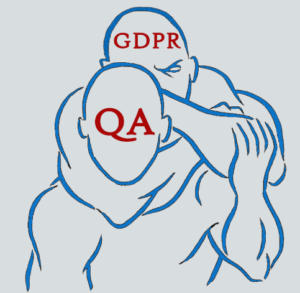For decades the research industry has respected the anonymity of respondents. As part of due diligence and in the interest of end-users, research agencies need PII from their fieldwork vendors to validate that respondents qualify for participation in research, in B2B generally and in qualitative research specifically. This information remains exclusive to research peers and the ultimate client is not privy to this sensitive information. You would have thought that the introduction of GDPR in 2018 will not have made the slightest difference to this tradition of confidentiality. But it seems it has.
When, as a market research organisation, we specify in an RFQ that PII is needed, the response from too many vendors is one of indignation, as though we are asking them to flout the law and often in a tone of disdain as though we are ignorant of GDPR regulations. Its principles are embedded in the industry’s code of ethics and are as old as the business itself. What is new is that the law offers a convenient smokescreen to conceal in a quasi-legitimate fashion the identity of respondents, preventing fieldwork-buying agencies from distinguishing between genuine respondents and any Tom, Dick and Harry. Ronald Reagan once said: ”trust, but verify” and we owe this to research users so that their conclusions are based on validated quality findings.

